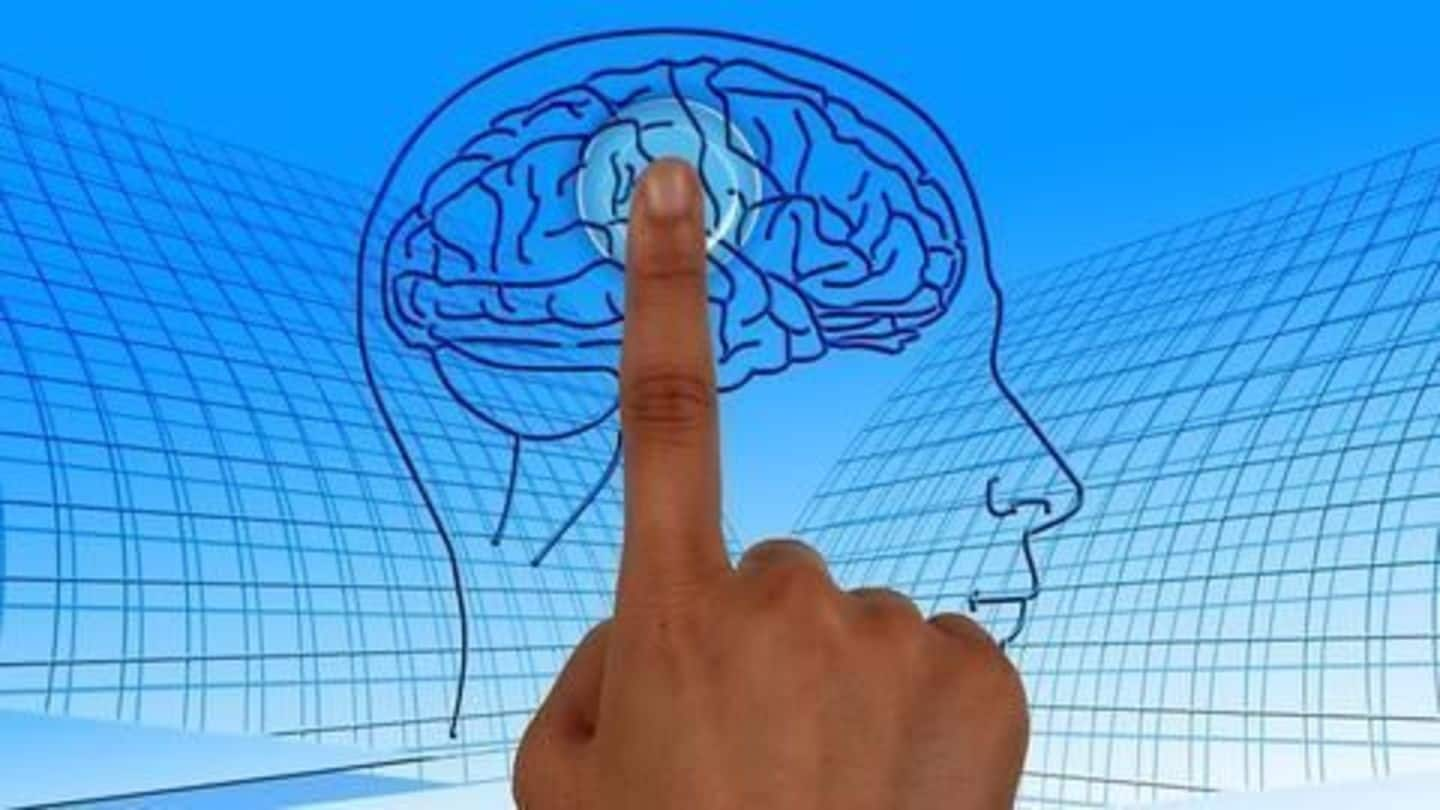
ARM chip to aid in brain and spinal injury recovery
What's the story
ARM and US researchers at the Centre for Sensorimotor Neural Engineering (CSNE) at University of Washington are working on a chip capable of helping people to recover from brain and spinal injuries.
This 10-year long project aims to create a chip that can be fitted inside the skull, enabling its users to carry out day-to-day tasks and receive sensory feedback.
Here's all about it.
Benefits
Creating a "system on a chip"
The initial endeavor is to create a "system on a chip", which would enable the brain to send signals to the stimulator implanted in the spinal cord.
Once this is achieved, affected victims would be able to control their own movements using the chip planted in their skull.
This chip will also be beneficial for stroke patients and for those with Parkinson's and Alzheimer's.
Brain
Sending feedback to the brain
The next part of the challenge is to send sensory information back to the brain, which would help people in comprehending the extent of the effort made.
The feedback of signals from the brain, according to researchers, would enable the brain to rewire itself, helping people to gauge instances like the temperature or the strength with which they are holding an object.
ARM
ARM's contribution in the project
The researchers had made early prototypes of the technology but it was not enough to make major headway into the research.
Peter Ferguson, director of health-care technologies at ARM, said "The challenge is power consumption and the heat that generates. They needed something ultra-small, ultra-low power," therefore, ARM decided to provide their processors for the implants, leading to the present collaboration at hand.
Electric shock
Rejigging memory with an electric pulse
A University of Pennsylvania study cites that a controlled electric pulse, given to the brain at the right moment, can aid in curing its memory impairment.
A test group of 150 epilepsy patients showed varied signs of closed-loop cognitive stimulation when an electrical stimulus was given.
The research team is now trying to develop a device to help people with stroke, dementia, Alzheimer's etc.
Indian-origin
Indian-origin researcher-led team builds 'brain-on-a-chip'
A group of scientists, led by Indian-origin researcher Vini Gautam, has developed a new material that uses nanowire scaffolds to guide brain cells to grow and form interconnected and predictable functional circuits.
Gautam said, "The project will provide new insights into the development of neuro-prosthetics, which can help the brain recover after damage due to an accident, stroke or degenerative neurological diseases."